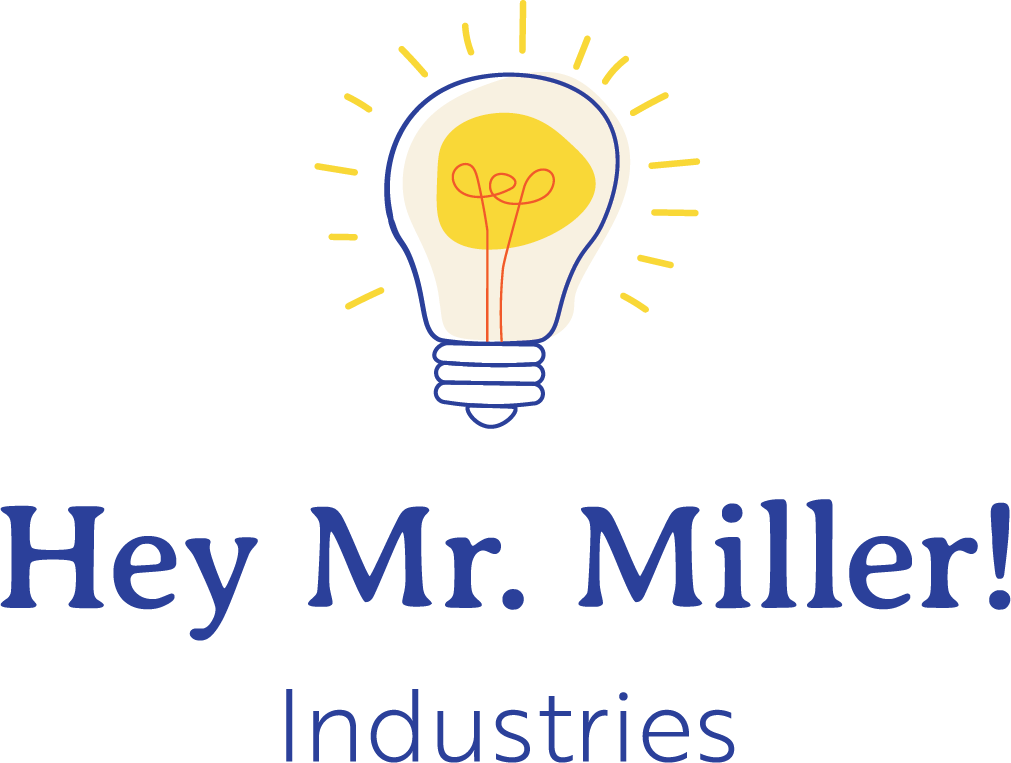Why I do this
In my career, I’ve successfully helped countless students with diverse needs. A key component to my overall success is collaborating with their families — shouldn’t be a hot take, but unfortunately many families feel left out of the development of their child’s educational plans. This strikes me as silly: why would I not partner with the family? After all, don’t they spend the most time with their child, neurodivergent or not?
So many families out there have an overview understanding of their neurodivergent child’s diagnosis and needs. In my experience, this type of understanding does very little to help parents bridge the gap between a definition, or an overview of symptom clusters, and what’s actually happening with their child.
For example: if you google “ways to support students with ADHD,” the following list pops up on the CDC website:
Accommodations
Extra time on tests;
Instruction and assignments tailored to the child;
Positive reinforcement and feedback;
Using technology to assist with tasks;
Allowing breaks or time to move around;
Changes to the environment to limit distraction; and.
Extra help with staying organized.
All those strategies are fantastic. However, if you’re like me, you see that and think, “Yes, but, what does that look like with my child? At 2:30 in the afternoon when they didn’t eat lunch because their meds made them not hungry and they’re totally gassed? What does that look like at home when they refuse to do their homework? Or when their room is a complete disaster?”
I use my expertise to help families understand their child’s experience in a real-world way, so they can connect what they already know to what’s actually going on. Then we develop a plan for everyone to follow, to make everything a little easier.
How it all began
At first I thought I wanted to be a high school English teacher. After all, after getting an English BA that’s the Plan B after one doesn’t manage to write the Next Great American Novel, right?
I earned my English teaching license in 2004 at San Francisco State, all the while substituting and teaching available sections of 9th Grade English and 11th Grade AP English. That spring, precisely when full time teaching jobs were being posted, I managed to break my collarbone playing softball (this story kills at interviews). Although I did catch the 3rd out in the inning afterwards, I was stuck recuperating while all the English teaching jobs got snapped up. I had to take whatever job I could get. I accepted a position teaching English in a Special Education classroom and, much to my surprise, I was really good at it.
And because I can’t help myself, when principals would come to me with a challenging classroom, I just kept saying, “Ok! I’ll try that!”
In my 20-year career, I have wholly created four therapeutic classrooms from the ground up. I have instructed, developed, adapted, and modified curriculum in all core content areas. I have helped students who feel like a failure recognize their strengths and embrace them.
In short: if it’s in a school, I have likely started it, seen it, taught it, stopped it or helped it. And I have every reason to believe that I can help you and your family, too.
areas of specialized focus (aka the resume stuff)
Developing, implementing, and modifying Social Emotional Learning curriculum and supports
Creating trauma informed systems and safe learning environments for students who have experienced trauma
Program development for self-contained therapeutic SPED classrooms supporting students with anxiety, depression, and other mental health-related diagnoses
Creating and implementing academic and social curriculum for students on the Autism Spectrum
Creating, implementing, and modifying academic and behavioral interventions in all areas
Creating and interpreting progress monitoring systems and data analysis for behavioral and academic interventions
Interpreting psychoeducational evaluations and providing recommendations for program implementation
Providing useful context and data collection/interpretation for SPED eligibility determinations
Creating and managing effective interdisciplinary teams between families, school staff, students, and outside agencies
I frequently collaborate with adoptive/foster families, children with trauma, autism, ADHD, anxiety, and other learning disabilities. I also regularly support GE teachers with exceptional students
Chat with me
If you would like a free 20-minute consultation to see if I can help, click below.


